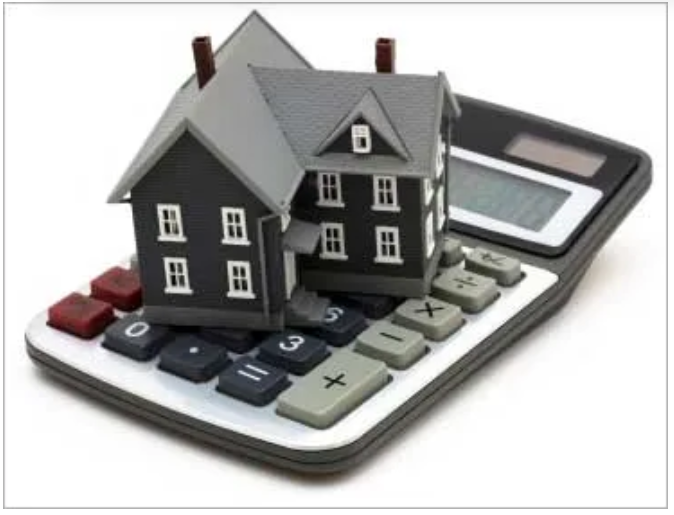5 Facts about HRA deduction you must know
HRA or Home Rent Allowance is one of the most common allowances that employers provide to their employees for living in rented accommodations. It is usually a part of the compensation that an employee receives as their salary.
Since housing is one of the most basic needs and rent paid reduces the income of an individual, the Income Tax Act introduced HRA. Using HRA deduction, you can claim tax benefits for the rent that you have paid for your accommodation. It helps individuals lower their net taxable income.
Individuals who receive a salary having a house rent allowance component must know the following 5 facts.
- Improper documentation can lead to Rejection
There is a very good chance that your HRA claim might get rejected if you do not provide the necessary documents for the same. You need to furnish the following.
- A copy of a valid rental agreement between you and the landlord of the property
- Signed rent receipts that document details such as the address of the property, the rent paid, etc.
- If your rent exceeds INR 1 lakh per annum, you need to furnish the PAN details of your landlord. You can take the help of Form 60 if your landlord does not have a PAN card.
- HRA is not available by Default
Section 10(13A) of the Income Tax Act outlines HRA for salaried employees. If you are a business owner or self-employed, the HRA deduction might not be applicable. Similarly, a salaried employee might have HRA as a part of his or her CTC (cost to company) component, yet not be eligible for HRA.
They need to stay on rent to be able to claim HRA and thus HRA deduction.
Self-employed individuals or salaried individuals without HRA component can claim the amount under Section 80GG of the Income Tax Act.
- You cannot claim the entire Rent as HRA
Though Section 10(13A) aids in reducing your taxable income, you cannot claim the entire amount that you pay as rent for HRA deduction. The lowest of the following three components will be considered as HRA for a financial year.
- The HRA that an employee receives for every month
- 50% of your total basic salary if living in Metros and 40% if living in other cities
- The actual rent that you pay minus 10% of your basic salary.
Here is a simple example to depict the same.
| HRA Received | 25,000 |
| 50% of Basic (Metros) | 50% of 55,000 = 27,500 |
| Rent Paid – 10% of Basic | 20,000 – 10% of 55,000 = 14,500 |
| HRA exemption (Lowest of three) | INR 14,500 per month or INR 1,74,000 for the year |
- You can claim HRA and Home Loan both
It is possible that you are paying rent for your accommodation and have a home loan for another property. In such a case, you can claim an HRA deduction and a home loan. However, if the amount for both of them is significantly higher, it might attract the attention of the authorities. Also, such claims might get rejected if an individual is unable to furnish the right set of documents.
- You can pay rent to your Family and avail of HRA
You can stay with your parents or other family members and pay rent to them. You should not be an owner or co-owner of the property as per the documents and your spouse or child should not be a co-owner.
To ensure that your claims are not rejected, provide all the genuine documents while filing for tax returns. Also, your parents and family members should also mention the rent on their income tax returns under “income from other sources”.
House rent allowance can be a great tool to reduce your net taxable income. However, one needs to be a bit cautious while dealing with HRA deduction. Here are a few important points to note.
- The HRA is calculated on monthly basis. If you do not pay rent for a month or two in between, you cannot claim for those months in your taxes.
- If you own a house anywhere, irrespective of whether you live in it or not, you cannot claim HRA deduction under Section 80GG.
- Your HRA structure depends on a few factors such as the city that you live in or the compensation structure. Thus, it would change on changing jobs.
- You need to fill and submit Form 10-BA to declare eligibility to claim HRA under Section 80GG.
- There is a possibility that you might have missed submitting your rent receipts and related documents during the financial year. You can still submit those while filing for tax returns.
Conclusion
HRA deduction is an easy and legitimate way of reducing your net taxable income. However, there are a few clauses that you need to be very careful with. Keeping the above steps in mind will help you ensure that your claims are not rejected.


Leave a Reply